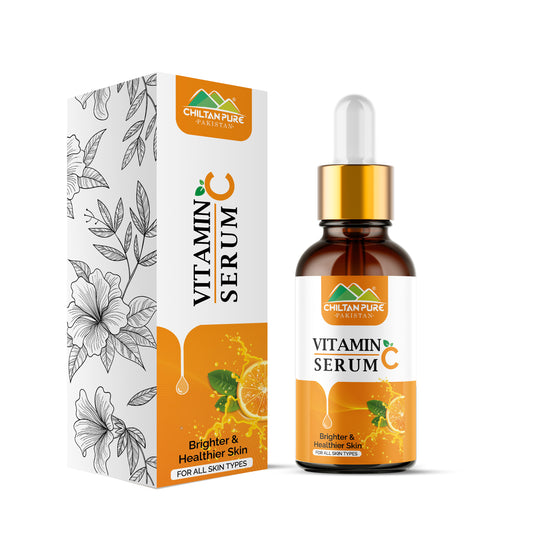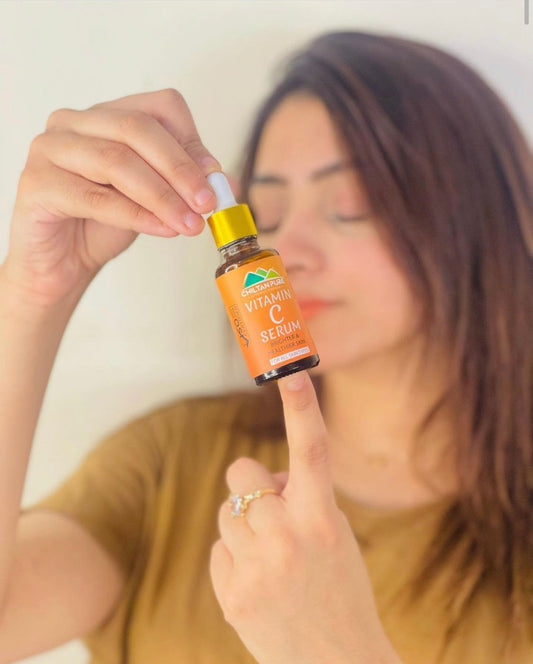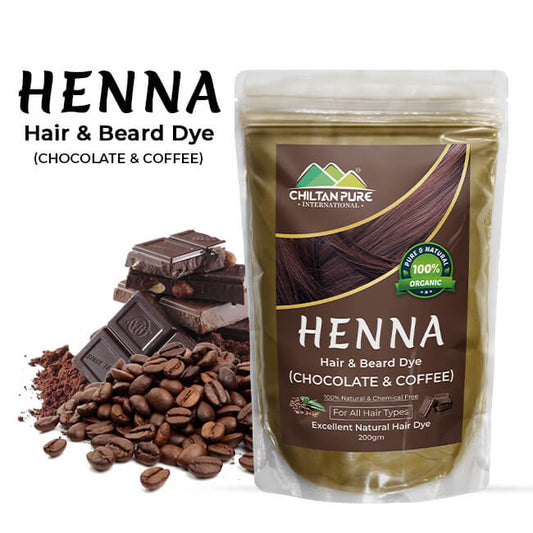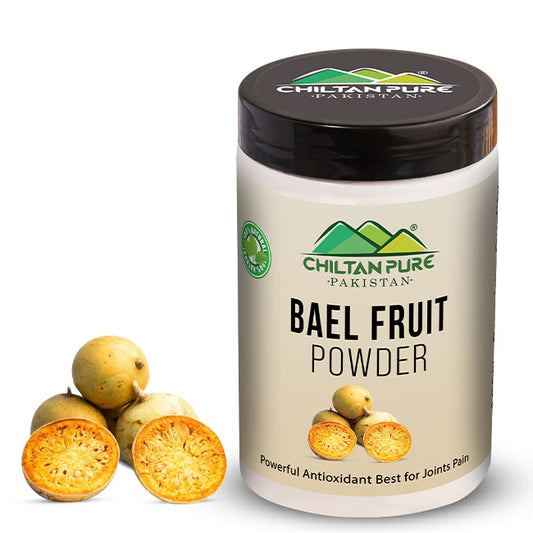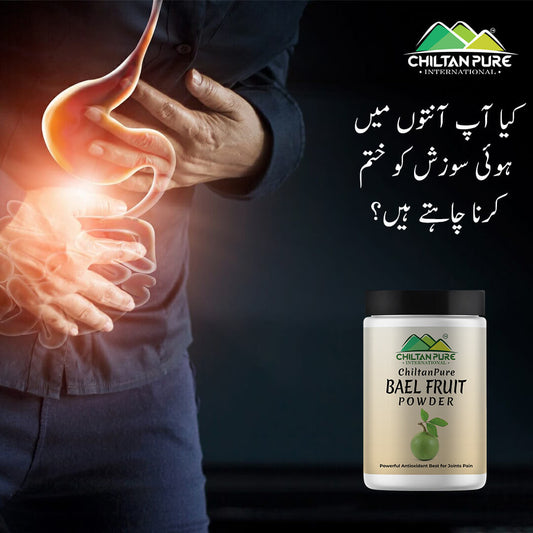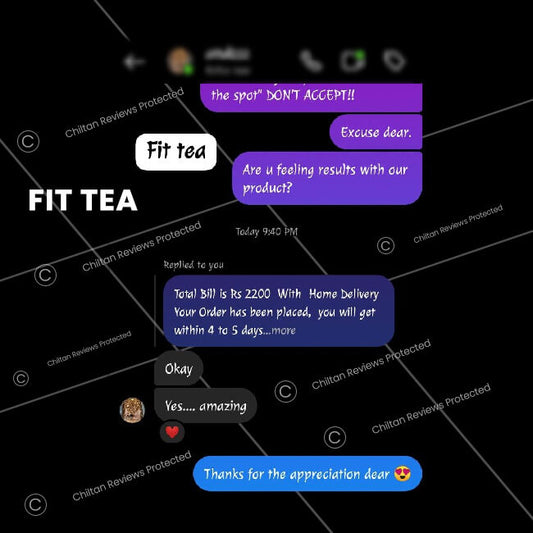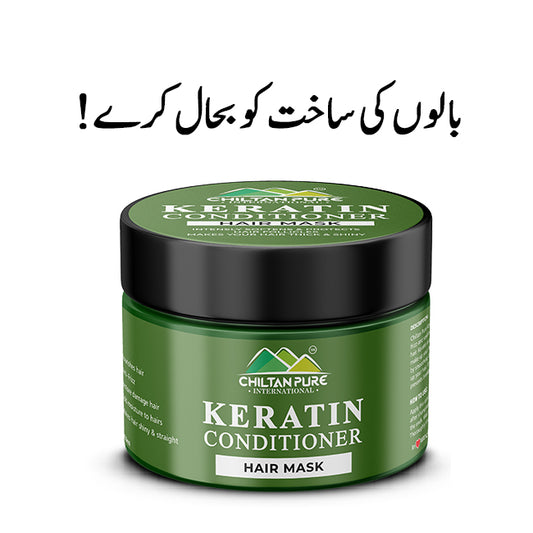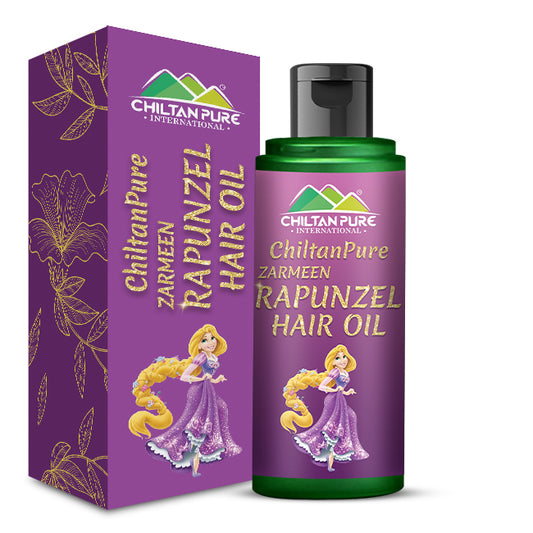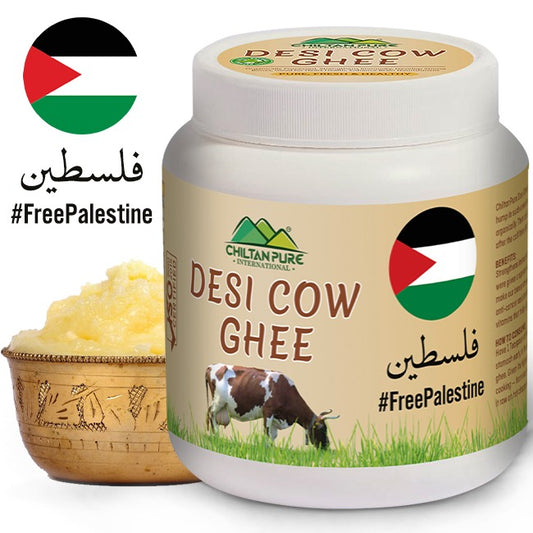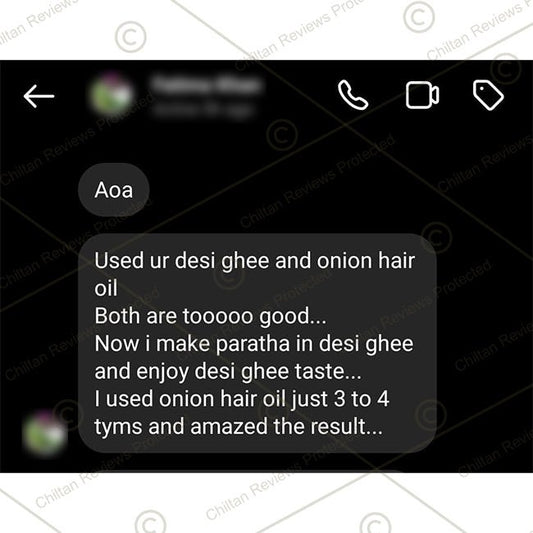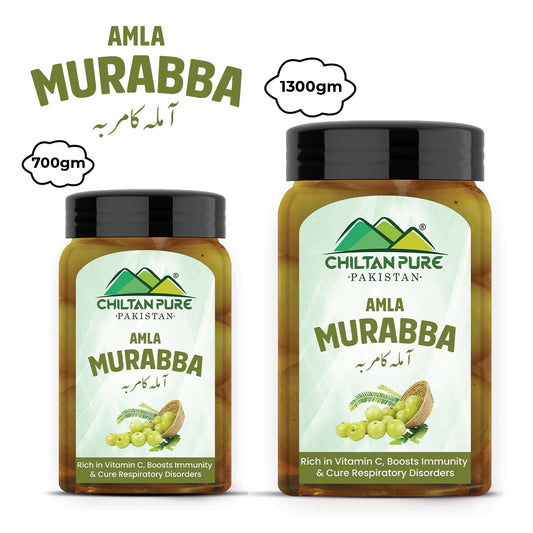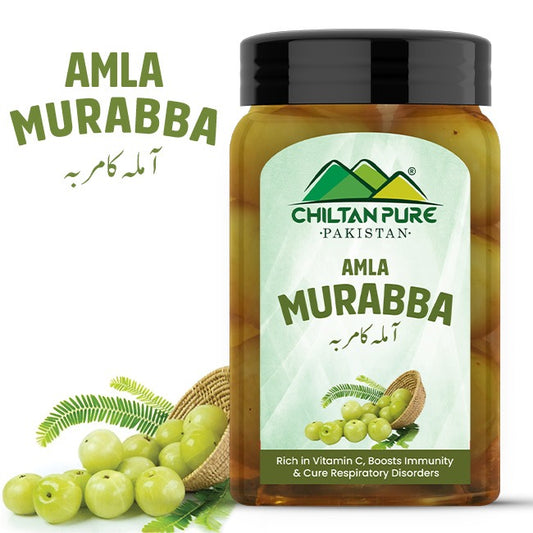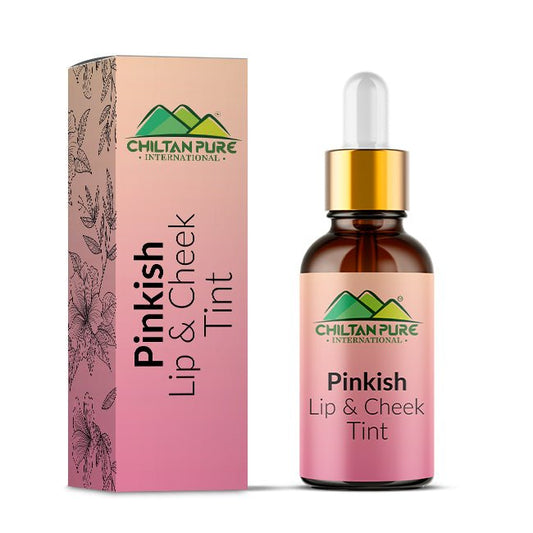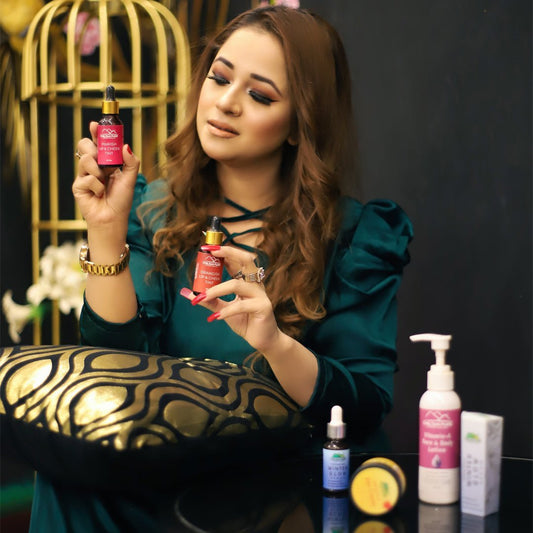Unlock a Brighter Smile with Charcoal Teeth Whitening - The Natural Solution for Stains and Discoloration
The use of charcoal in health and beauty products is currently one of the most popular trends. It has recently become popular as a component in facial washes and masks sold in stores, and some individuals even claim that it may effectively whiten their teeth. Activated charcoal is a fine-grain powder generated by oxidizing wood, coconut shells, and other natural things under extremely high temperatures. It is used in various aesthetic products, including teeth whitening powder and toothpaste.
How it is created
Activated charcoal is quite similar to conventional charcoal, which you may use to light a grill or barbecue; however, activated charcoal is utilized exclusively for medicinal purposes. It is produced by burning charcoal with a gas, which results in huge holes inside the mineral that may trap various substances. Activated charcoal has a long history of being used as a treatment for intestinal gas, cholestasis in pregnant women, and lowering cholesterol levels. It lacks both a smell and a flavor.
How it works
The pores in the activated charcoal connect with the rough areas of the teeth, which are often surface stains and plaque making it more straightforward to eliminate the chemicals that cause yellowing. Once the charcoal has been allowed sufficient time to adhere to your teeth, it may be removed, and when it is, the mineral will carry with it the plaque, food particles, and surface stains on your teeth. The surface stains on teeth are removed in one fell swoop with activated charcoal, which is how this teeth whitening method works. Activated charcoal cannot affect the color of teeth that are severely discolored or naturally yellowing since it clings to the grittiness already present on the teeth. It is necessary to take more extreme methods to whiten the teeth, such as getting them bleached professionally.
How it whitens teeth
It has been hypothesized that because activated charcoal is porous, it can exceptionally effectively bind with other substances. Hence, when you put it on your teeth, the charcoal absorbs the toxins and plaque that have colored the enamel, which causes the staining in the first place.
Is it safe to use?
Using activated charcoal does not provide any health risks. Yet, because of the mineral's abrasive nature, it may wear away the enamel of your teeth if it comes into contact with it. While applying activated charcoal to your teeth, ensure to do so with extreme caution and gently skim the surface of each tooth, preventing any scratching, chipping, or other damage from occurring. If you have any open cuts, wounds, or abrasions, you should not conduct this operation.
Abrasive for daily use
Brushing your teeth with anything that is very abrasive might wear away the enamel on your teeth. It is possible that exposing the dentin, which is a calcified yellow tissue, will cause your teeth to seem more yellow. Moreover, it may increase the sensitivity of your teeth.
Fluoride for teeth
Fluoride helps to maintain the strength of the enamel of your teeth, which in turn helps to protect your teeth against cavities and decay. There is some evidence to suggest that using charcoal toothpaste might lead to an increase in tooth decay. Some people's teeth may get discolored as a result of it. Bits of charcoal may collect in the fissures and crannies of older teeth. Nobody knows what effect charcoal has on dental restorations. It is not known whether charcoal has any effect on the materials that are used to manufacture veneers, bridges, crowns, or white fillings. Charcoal dust might accumulate in the spaces between them, producing a shadowy silhouette in either black or gray.
Natural teeth whitening

Activated charcoal, because of its porous nature, can attach to the tiny components that cause your teeth to get discolored and eliminates these materials, resulting in whiter and brighter teeth. Moreover, it prevents cavities, tooth decay, and bad breath by binding to plaque and dangerous bacteria in the mouth and removing them from the mouth.
How to use
Use Chiltan Pure Charcoal Teeth Whitening Treatment with your Regular Tooth Paste. Use this Whitening Treatment three times a week.
((Note)) Don't use charcoal treatment daily. Regular use may cause tooth sensitivity, tooth decay, and many gum diseases.
((Note)) Persons with mouth ulcers should not use it.
((Note)) Keep out of reach of children
FAQs
How long does it take teeth whitening with activated charcoal to work when used to whiten teeth?
After using the product consistently for one week, you should observe apparent improvements in most circumstances. During this period, charcoal should help remove outer stains and discoloration from the surface of your teeth created by everyday food and drink without changing the enamel. These stains and discoloration are caused by foods and drinks that are consumed regularly.
When I put it on my teeth, may I use activated charcoal daily?
The abrasiveness of charcoal toothpaste makes it inappropriate for daily usage. If you use anything overly abrasive on your teeth, it might wear away the enamel on your teeth. If your dentin, a calcified yellow tissue, is exposed, it may cause your teeth to seem more yellow. Also, it has the potential to make your teeth more sensitive.
If I put charcoal on my teeth before bed, is that okay?
Activated charcoal might help you get a more radiant smile. In most circumstances, it is unnecessary to keep activated charcoal on your teeth for an entire night; nevertheless, you can use it as a short and effective teeth whitening therapy. If you want the charcoal to bind to stains and discoloration on your teeth effectively, keep it on your teeth for around three minutes.


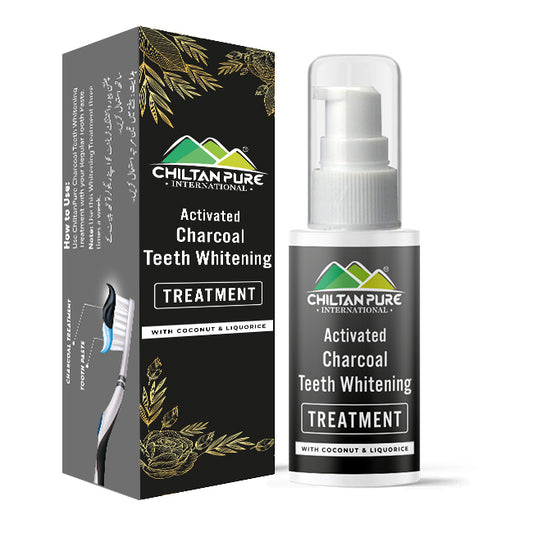

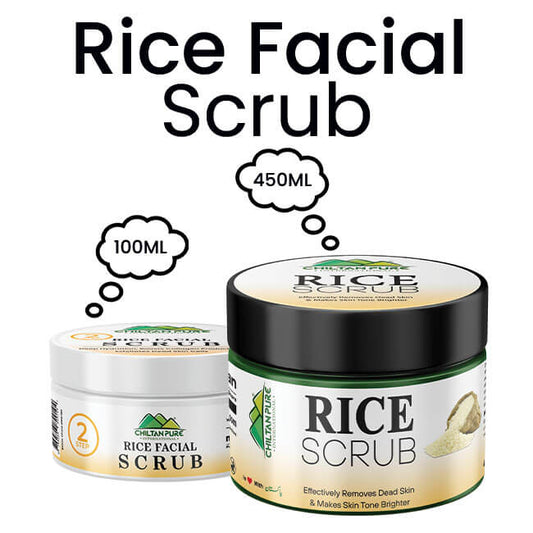
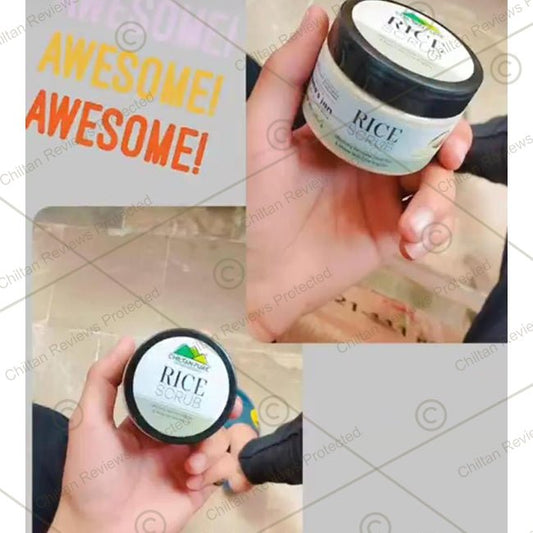
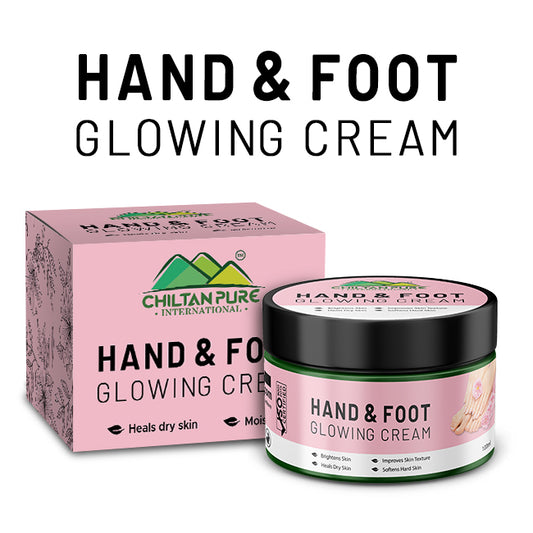

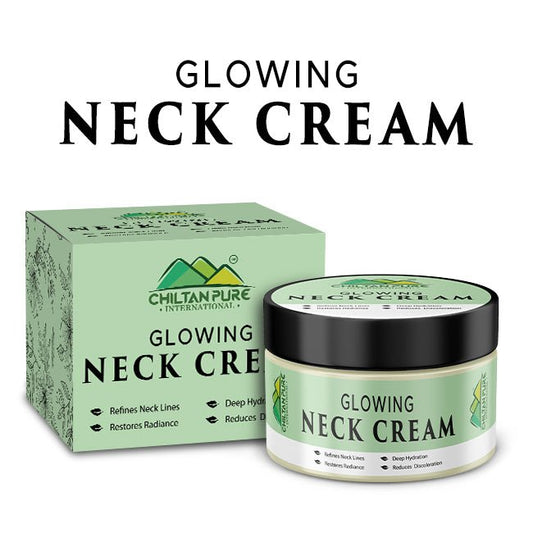
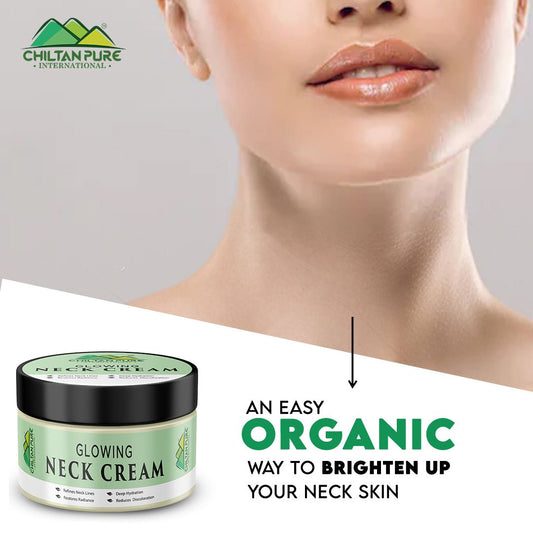
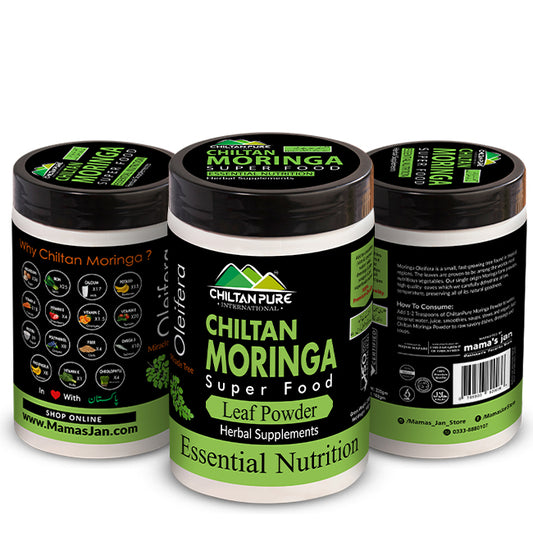
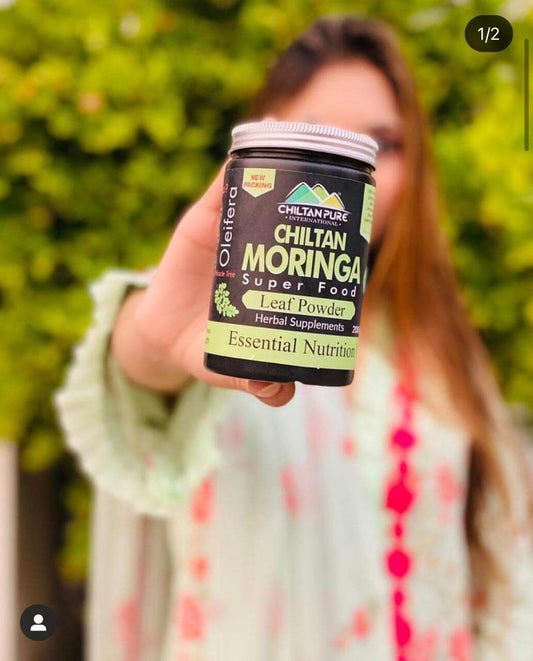
![Chia Seeds – Make Skin Glow, High in Fiber, Protein & Aid in Weight Loss [تخم میکسیکو]](http://mamasjan.com/cdn/shop/files/Chia-seeds-wb_1_533x.jpg?v=1739000274)
![Chia Seeds – Make Skin Glow, High in Fiber, Protein & Aid in Weight Loss [تخم میکسیکو]](http://mamasjan.com/cdn/shop/files/ChiaSeeds1_533x.jpg?v=1739000274)
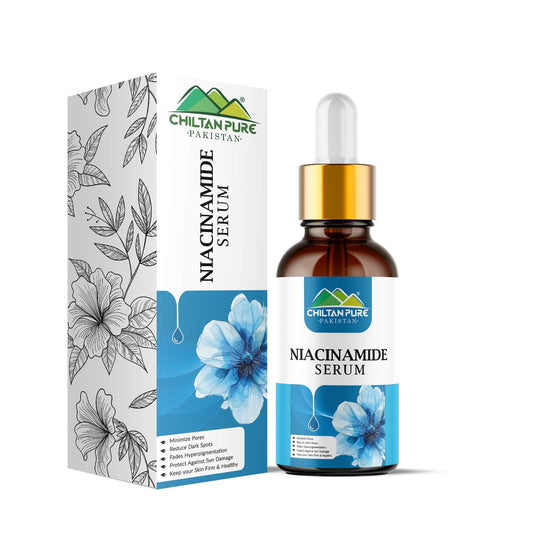

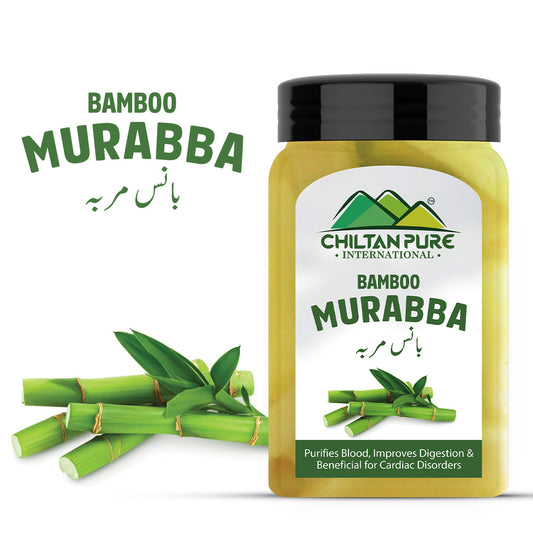

![Red Onion Oil 🧅 Reduces Hair Fall & Accelerates Hair Regrowth [پیاز کا تیل].. Trending.... 🔥](http://mamasjan.com/cdn/shop/files/Onion-Oil_533x.jpg?v=1707234402)
![Red Onion Oil 🧅 Reduces Hair Fall & Accelerates Hair Regrowth [پیاز کا تیل].. Trending.... 🔥](http://mamasjan.com/cdn/shop/files/shampoo-oil-4_3a0058c6-20d2-4f79-8050-19cf717015ac_533x.jpg?v=1708103599)
